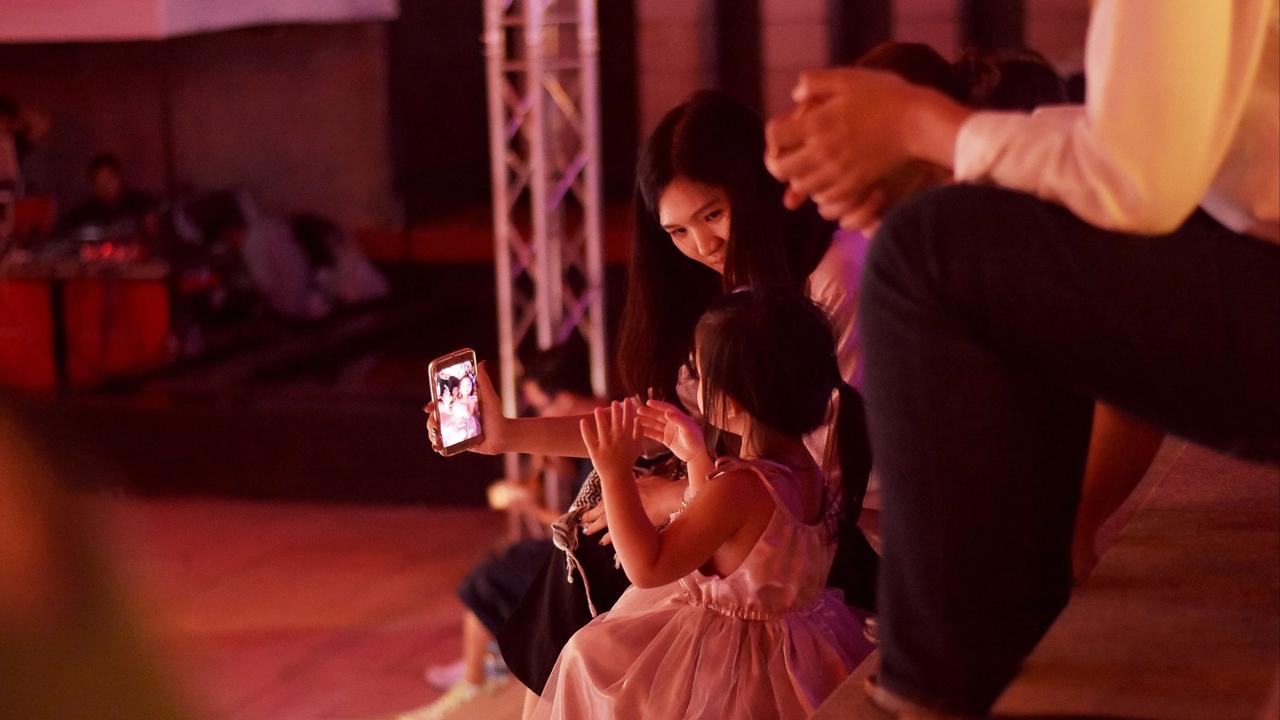
Guidelines for Children's Screen Time
May 30, 2018"Americans spend almost 11 hours a day consuming media," according to a report by CNN in 2016. In addition to how this modern lifestyle is affecting our brains, bodies, spirit, energy, and human experience, I wonder, How is this influencing our children?
In 2017, CNN reported this about our children's screen time:
- Children under 8 years old spend an average of 2 hours and 19 minutes each day on screen media
- For children 8 to 12, it's an average of 4 hours and 36 minutes daily
This is more than it should be.
Screen Time Recommendations by Age
Below are 2016 recommendations by the American Academy of Pediatrics.
Under 18 Months
According to the AAP, children under 18 months old should avoid screen time. One approved exception: video chatting with loved ones.
Children 18 Months to 24 Months
Occasional screen time is acceptable for parents who want to introduce children to digital media. However, it is emphasized that parents use high-quality programming and watch with children so that they can explain to kids what they are watching.
Children Ages 2 to 5
Kids in this age group should watch no more than 1 hour of high-quality programming per day. Parents should continue to watch with children at this age to ensure the content is appropriate and that children understand what they’re seeing.
Screen Time Recommendations for School Aged Kids
AAP recommendations say that kids aged 6 to 18 spend no more than 2 hours per day sedentary in front of a screen. Less is better. One study showed that children ages 4 to 9 are at an increased risk of obesity after spending 1.5 hours in front of a screen each day.
In addition, children should not:
- use screens close to bedtime
- have access to screens while focusing on something else (homework, for example)
- be left alone to use media unmonitored
Set a Good Example
One of the best ways that parents can encourage their children to develop healthy technology habits, like sticking to limited screen time, is to model those healthy habits. Children are always watching the adults in their lives for clues on how to be.
Healthy habits you can model include:
- limit time spent using technology
- stick to high-quality media
- protect your presence/attention from distracting devices
- do your best to separate time from work, family, and play
The Final Word on Screen Time Guidelines
As a parent of three, I know that following the AAP’s recommended screen time goes against the status quo. However, we can slowly improve our children's tech habits by doing the best we can in employing consistent limits, and modeling healthy habits.
It’s much easier to develop healthy habits than it is to break bad ones down the road!
Join our detox community by subscribing below so you can get the latest updates and tips!



